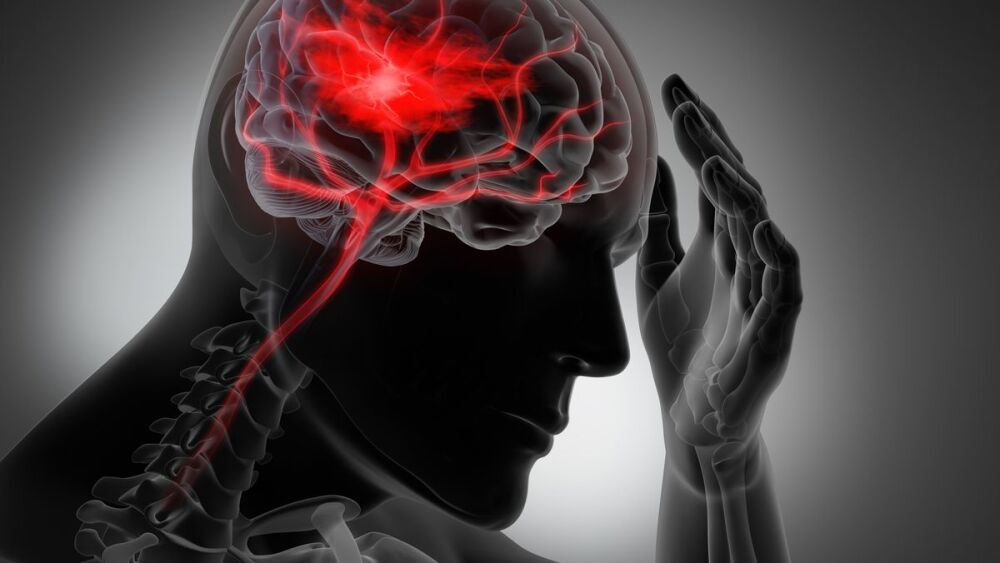Cushing’s Triad (or Cushing’s Reflex), presents the opposite of shock, and often signals impending danger of brain herniation. Cushing’s Triad is characterized by:
- Hypertension
- Bradycardia
- Irregular respirations – primarily Cheyne-Stokes breathing
When your patient presents with vital signs that are seemingly the opposite of those presented with shock, you’re likely not dealing with shock; you’re dealing with an increase in intracranial pressure.
Intracranial pressure (ICP) is the pressure of the cerebrospinal fluid in the subarachnoid space, the space between the skull and the brain. Read “A triad of findings: 3 case presentations for Cushing’s Triad,” and then test your knowledge on Cushing’s Triad by taking the quiz below.
Share this quiz to challenge your colleagues to beat your score.
Next up: Quiz: Sympathetic and parasympathetic nervous systems – Test your knowledge of complex neural systems to understand the link between treatments and therapeutic goals













